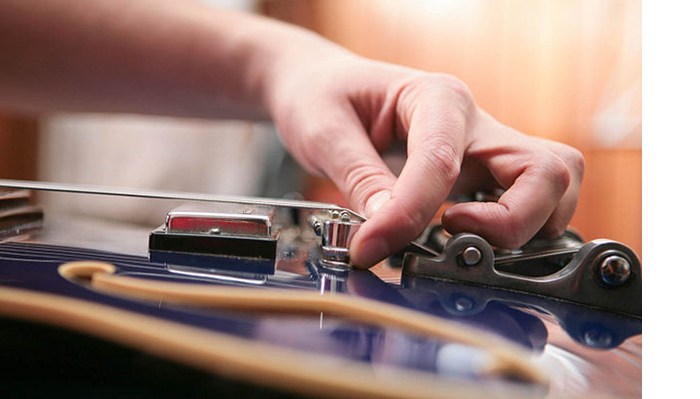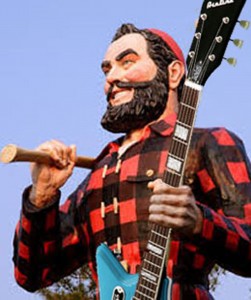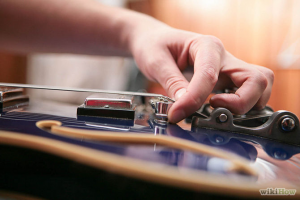
It’s never good enough is it? With every new guitar and each new amp, every acquisition of gear and fancy “toys”, satisfaction always seems to be fleeting. It’s only a matter of time before you ask yourself that familiar question, “what can I do to sound better?!” and then run out to add something to the collection.
Sure, new stuff is fun and definitely a viable way to improve your sound pallet, but there is a plethora of ways using the equipment you already have that could help you get that tone you’re always looking for! Over the next few months I’ll outline some tips and tricks I’ve learned through my own experiences, as well as some things I’ve picked up from professionals around the world.
To kick things off, we’ll start with the basics. Playing an instrument and making music in its purest form is an extension of yourself. You’re the one playing the guitar, so ultimately you are the one responsible for the majority of how it sounds. Your mood, your focus, and your blood-alcohol level are just a few things that can have an effect on your overall playing before we even get into the equipment you’re using! If you feel like crap, you’re going to play like crap. One of the main things that can contribute to all of these factors is how the guitar feels in your hands. Think of it this way: you’re a lumberjack and your boss hands you a dull saw, asking you to cut down the thickest tree in the forest. Is that going to put you in a good mood? No. Will you be able to remain focused? Probably not. Are you going to want to grab a cold-one half way through the tree? …Maybe.
Like saws for lumberjacks, guitars are tools for guitarists and should be treated as such. This brings me to my first tip:
Get your guitar professionally set-up!
Your guitar is not going to remain the same since the day you bought it. It is absolutely necessary to maintain it with string changes and set-ups to keep it playing the way you want it to. Comfort and ease of play will make you want to play your guitar, and really enjoy it! Things like old strings, fretbuzz, dead notes, sharp frets, high strings and poor intonation are all things that physically make you need to play your guitar differently in order for it to sound acceptable.
Those changes you are making (like using a lighter touch to avoid fretbuzz, applying more pressure for high strings, or completely avoiding dead notes) are obvious factors that affect your tone in a negative way. The height of your pick-ups, as well as dirt or poor connections in the electronics are typically inspected with full service set-ups as well. Issues with either of these will affect your output, and therefore your tone will suffer.
With a guitar that feels good in your hands, sounds smooth through the amp, and looks clean and polished, it will be as if you got a brand new instrument without the price tag.
Happy playing!
Written by: Vince Schaljo




I have a ibanez gb10 made in Japan and can’t figure out the year it was made it is vintage. Serial# g795207 . I would appreciate your input thank you.
Keith, according to my research your Ibanez would have been the 5,207th guitar made in July of 1979.
(Letters A-L represent month, with A being January. First two digits represent the year built, and the last four digits represent the production number for each month.)
Hope that helps!